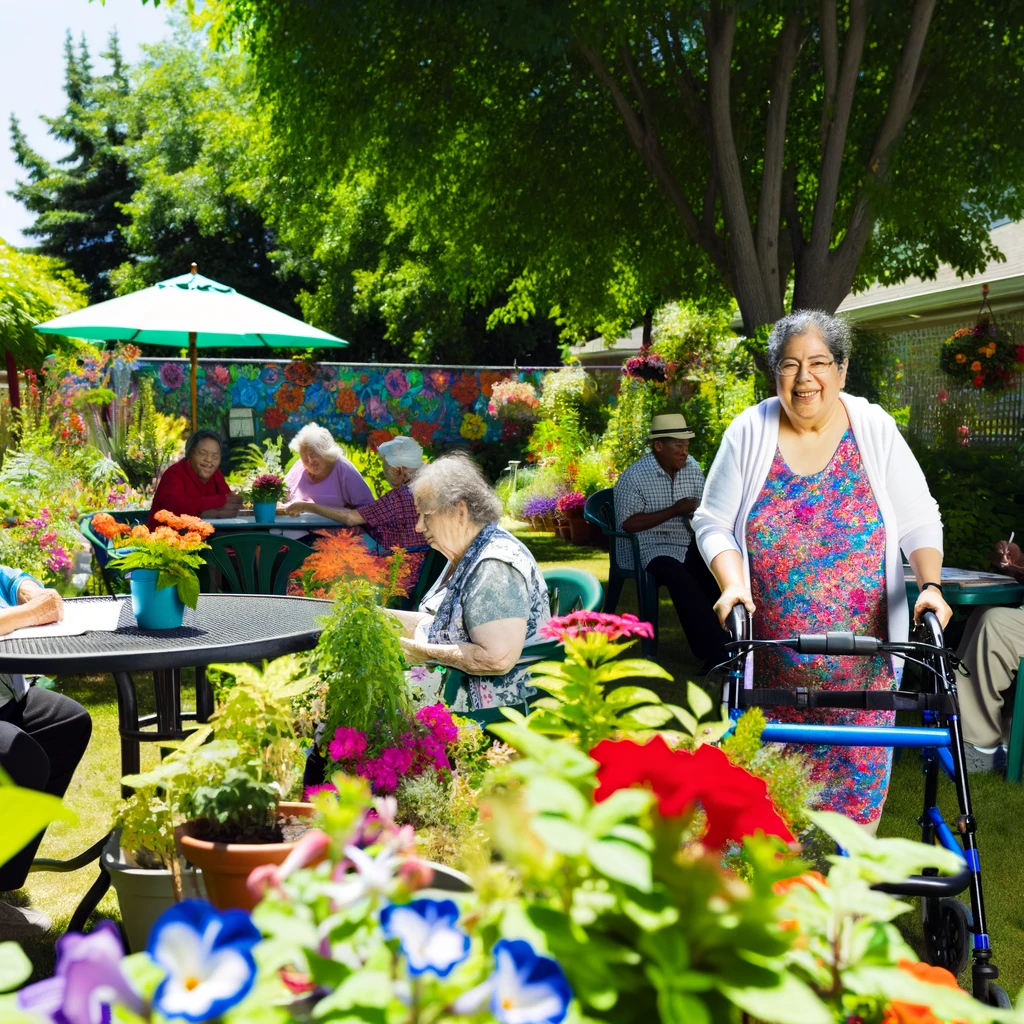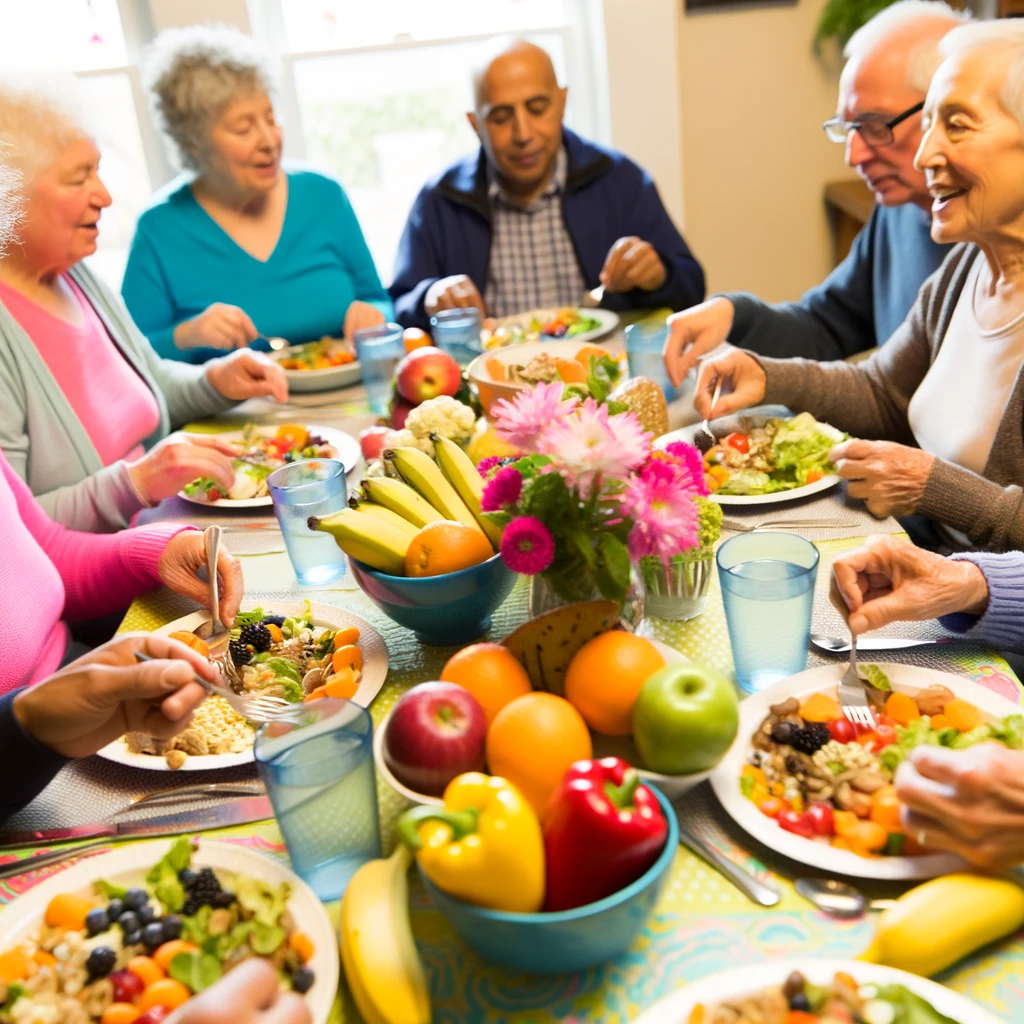Related Articles











The importance of nutrition in senior living cannot be overstated. As we age, our bodies undergo numerous physiological changes that can significantly impact dietary needs. This article explores how nutrition can cater to the unique requirements of the elderly, enhancing their health and quality of life.
As people age, they may experience changes in metabolism, digestive efficiency, and the ability to absorb nutrients. These changes necessitate a dietary approach tailored specifically to the elderly, ensuring they receive the essential nutrients in appropriate amounts.
With age, the metabolic rate typically decreases, leading to a reduced requirement for calories. However, the need for nutrients remains the same or may even increase, making it crucial to focus on nutrient-dense foods.
Digestive issues are common among seniors, including constipation, which can be exacerbated by reduced physical activity and inadequate fiber intake. Incorporating a diet rich in fiber, adequate fluids, and probiotics can help maintain a healthy digestive system.
Certain nutrients become particularly important as one ages. These include:
Calcium and Vitamin D are critical for bone health. Seniors are at increased risk for osteoporosis and fractures, so ensuring adequate intake of these nutrients is vital. Foods like dairy products, leafy greens, and fortified cereals should be incorporated into their diet.
Protein is essential for maintaining muscle mass, which can decline with age. Lean meats, fish, eggs, and legumes are excellent sources of protein that should be included in a senior's diet.
Omega-3s, found in fatty fish like salmon and mackerel, are beneficial for heart health and cognitive function, both of which are crucial for seniors.
Adopting specific dietary strategies can help address the unique needs of seniors:
Ensuring meals are balanced with appropriate portions of protein, carbohydrates, and fats is crucial. Incorporating a variety of foods can also prevent nutrient deficiencies.
Dehydration is a common concern among the elderly. Encouraging regular fluid intake, primarily through water, herbal teas, and soups, can prevent dehydration.
Meal planning can help seniors maintain a nutritious diet while accommodating any dietary restrictions or preferences. It also aids in managing portion sizes and ensuring a diverse intake of nutrients.
Despite the best intentions, there are challenges in senior nutrition:
Appetite often decreases with age due to factors like medication side effects and a reduced sense of taste and smell. Offering small, frequent meals can be more effective than three larger ones.
Financial limitations can hinder access to nutritious foods. Programs and community resources can provide assistance to ensure seniors receive the nutrition they need.
Nutrition plays a pivotal role in the health and well-being of seniors. By understanding and addressing their unique dietary needs, caregivers and family members can significantly improve the quality of life for the elderly. A strategic approach to nutrition can help seniors maintain independence and enjoy their golden years with vitality.